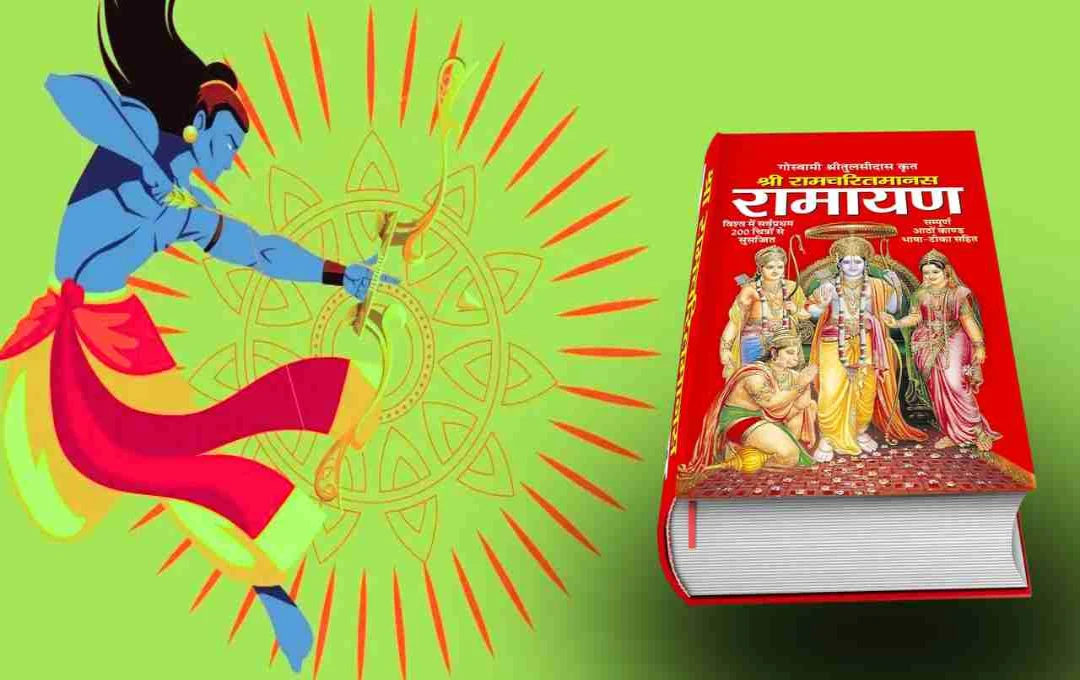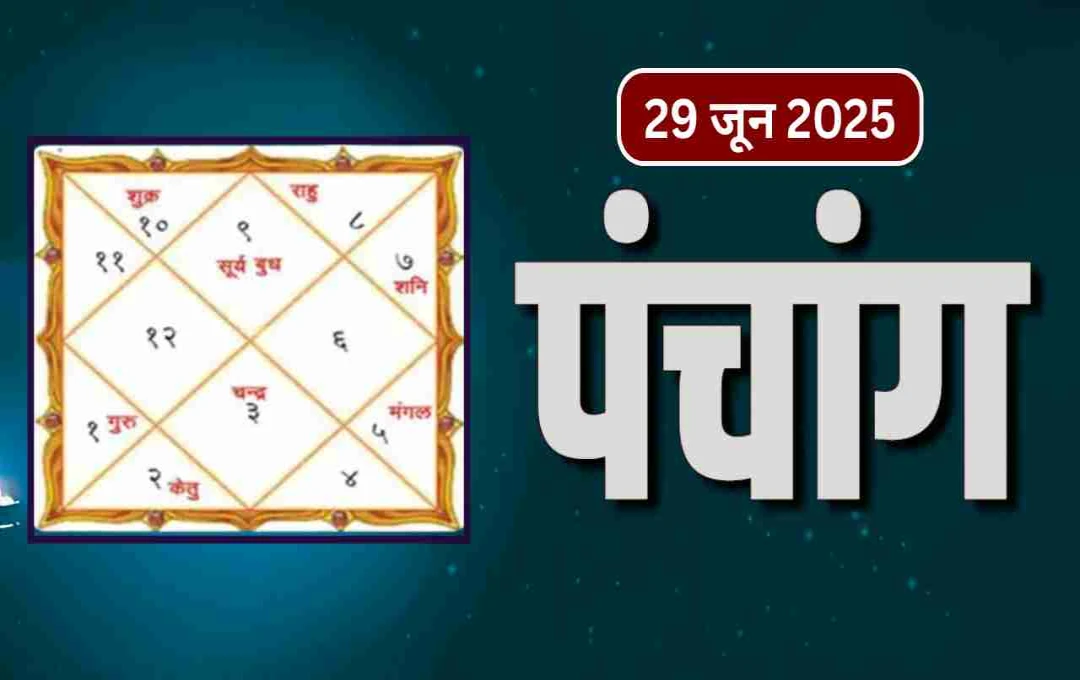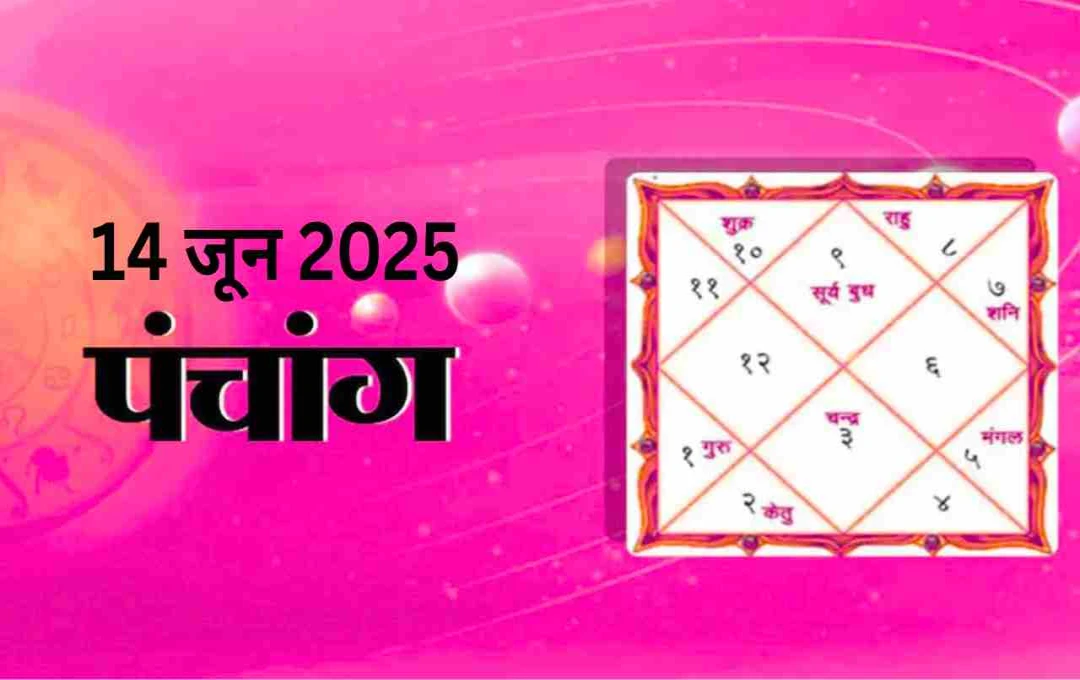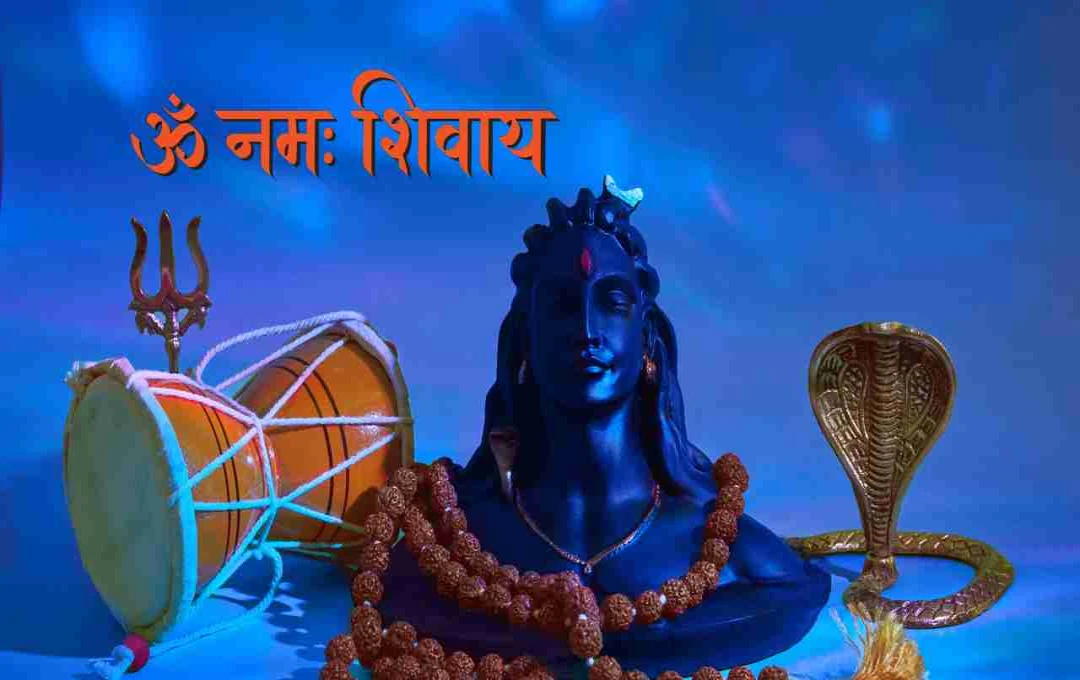The Ramayana is a major and highly popular scripture in Hinduism. It is not just a historical epic but also a deeply profound narrative that provides guidance at every turn of life. The Ramayana was written in Sanskrit by Maharishi Valmiki, and it is also known as the Adikavya (the first poem). Later, Goswami Tulsidas composed it in the Awadhi language as the Ramcharitmanas, which is still read with reverence and devotion in millions of homes today.
The most distinctive feature of the Ramayana is its chaupais (quatrains). These are verses written in the style of dohas (couplets), which contain the essence of life, dharma (righteous conduct), ethics, devotion, and knowledge. Regular recitation of these chaupais not only provides mental peace but also ignites a new light of faith and courage in times of difficulty.
Auspicious Chaupai: Where Good Beginnings Commence
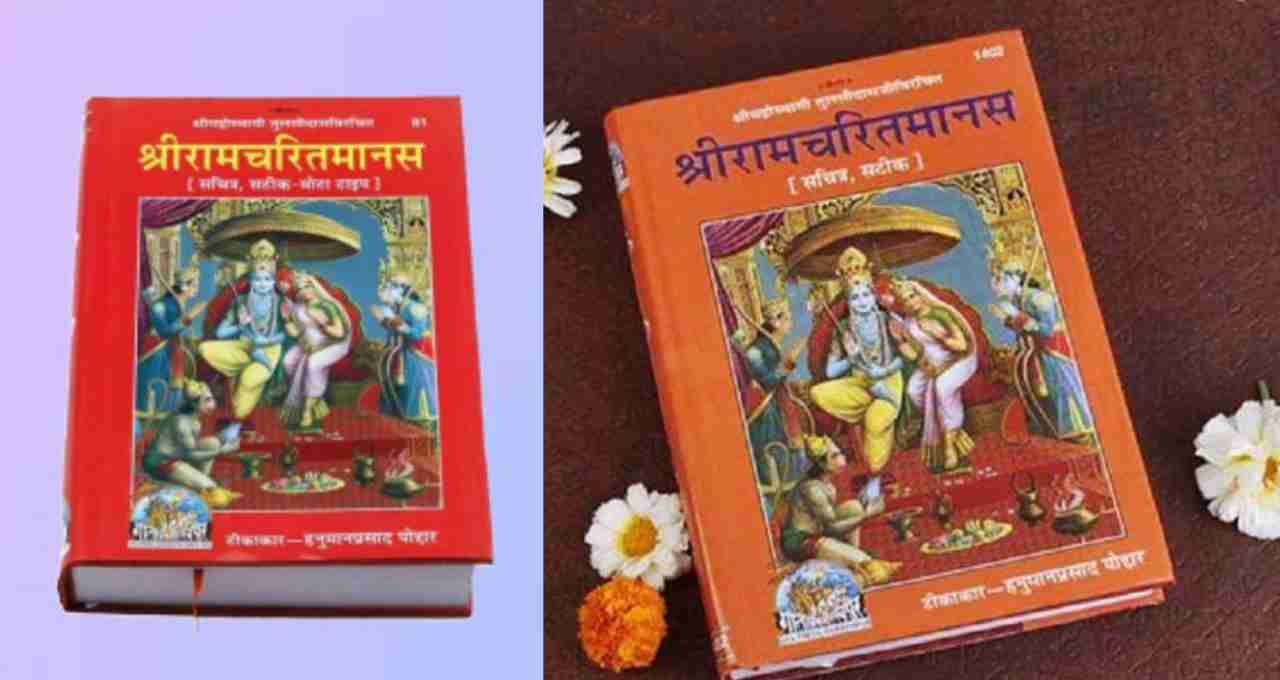
Mangal Bhavan Amangal Hari
Dravahu Su Dasarath Achar Bihari
This chaupai is one of the most recognizable lines from Tulsidas's Ramcharitmanas. Its meaning is that Lord Rama is only auspicious and the remover of inauspiciousness. Whenever a person recites this chaupai in a situation of sorrow or fear, a ray of hope arises in the mind.
Chaupai Describing the Glory of Hari Katha
Hari Ananta Hari Katha Ananta
Kahanhi Sunahi Bahu Bidhi Sab Santa
This chaupai describes the glory of God and the infinity of His narrative. Ramkatha, or Hari Katha, has different meanings for everyone. Saints, scholars, and common people alike listen to it, understand it, and assimilate it through their own experiences.
The Importance of Satsang and God's Grace
Binu Satsang Vivek Na Hoi
Ram Kripa Binu Sulabh Na Soi
This chaupai states that good company gives rise to good thoughts and wisdom. But this satsang is also possible only when there is the grace of God. That is, every good path, every door of knowledge, opens only by the will of the Lord.
A Line of Support in Times of Crisis
Deen Dayal Virdu Sanbhari
Harahu Nath Mam Sankat Bhari
When a great difficulty arises in life, this chaupai becomes a support. In this, God is called the support of the poor and the distressed, and He is implored to remember His nature and remove the devotee's pain.
Chaupai Granting the Siddhi of Naam Jap (Chanting the Name)
Sadhak Naam Japahin Laya Laaye
Hohi Siddhi Animaadik Paaye
This chaupai states that the seeker who chants the Lord's name with rhythm and devotion not only attains inner peace but also receives Siddhi and supernatural benefits. This name jap awakens the energy within a person.
Chaupai Related to Hanumanji's Devotion
Kaati Sakal Sankat Mohi
Bhajanu Tav Priya Laage
This chaupai is said in the devotion of Hanumanji. It states that if someone starts to love the Lord's Bhajan, all the troubles of his life are automatically cut off. This chaupai inspires devotees towards devotion to the Lord.
A Simple Chaupai Remembering Rama
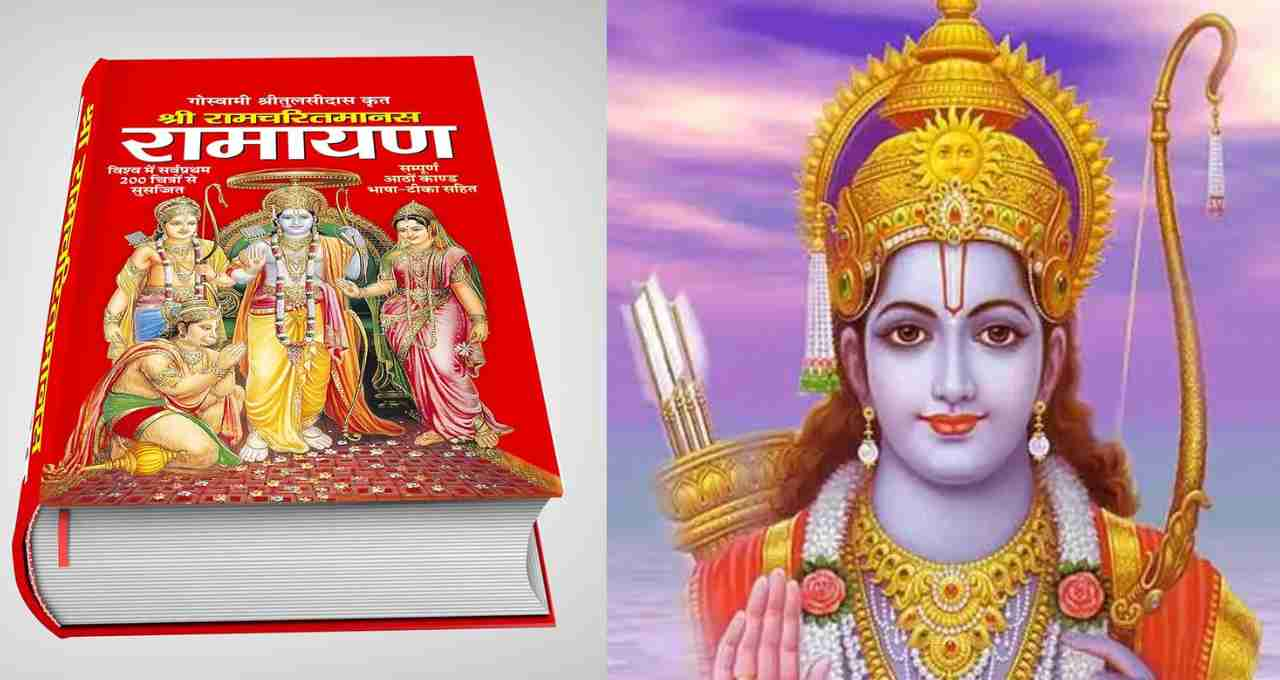
Ram Naam Mani Deep Dharu
Jeeh Dehri Dwar
This chaupai states that the name of Rama is like a lamp, which should be kept lit at the door of your tongue. That is, one should take the name of the Lord at all times so that the darkness of life can be erased.
The Happiness Derived from Devotion
Jehi Ke Jasi Budhi Dai Prabhu
Tinh Kari Mam Path Pavaku Pavan
This chaupai proves that God shows everyone the way according to their understanding and devotion. No matter how small someone may be, but if the devotion is true, the Lord will surely pave their way.
A Famous Chaupai from the Context of the Sunderkand
Ram Kaaj Kinhe Binu
Mohi Kahan Vishram
This chaupai reflects Hanumanji's sentiment that he will not rest until the Lord's work is done. This chaupai inspires that one should not stop until the purpose of life is fulfilled.
Chaupai Expressing the Sentiment of Ramrajya
Daihi Jati Na Poochhiye
Sadhu Kijiye Gyan
This chaupai conveys the message of social harmony and equality. It states that one's caste should not be seen, but rather, one's knowledge, conduct, and devotion.
